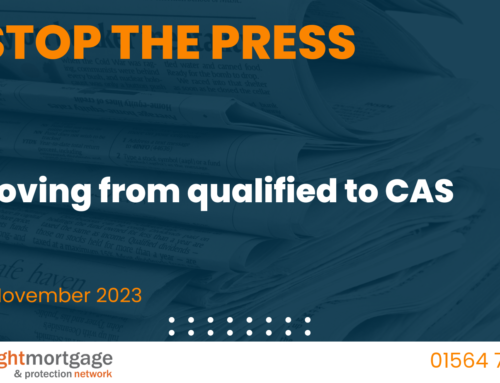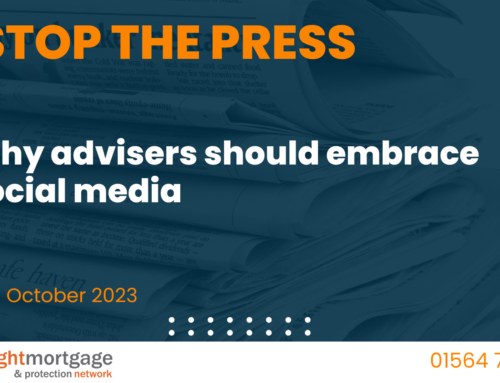Relationships matter. Instinctively we know this but building those relationships takes investment. It’s something we do on a personal level, we make time for those that matter. We engage. Why? It’s simple – if you don’t make an effort to keep people in your life, they soon won’t be. The same principle applies to client relationships.
Why bother? Well, there’s lots of good reasons to build that relationship. It makes sense that clients who are engaged with your business spend more money, more often. They have a relationship with you and when they need financial advice they won’t consider going elsewhere. And there are other benefits – a good relationship allows for some wriggle room.
As we know, trust lies at the heart of all good relationships but especially so in your world because you’re giving advice. It’s easy to misunderstand the words or actions of a stranger. We have no history, we don’t know or understand them and therefore our trust levels are low. If you don’t engage your clients on a regular basis why would they trust you?
Building that trust should start at the very first meeting. It can seem unnatural, perhaps a little boastful but getting comfortable with ‘talking yourself up’ is important. Your confidence will instil it in others. Think about how many clients you’ve helped into their dream home? What’s the value of all those mortgages? How much protection have you written? Those numbers will add up to something pretty impressive. And of course make sure client testimonials are visible rather than tucked away in a drawer. Better still, get your clients to post them on their Facebook page so that your expertise is promoted to the wider community. And on that note, why not consider volunteering to write a finance column for the local press? It’s an excellent way of building your profile within the community, as is setting up ‘finance for dummies’ workshops, targeting first time buyers, university students etc.
But I digress, let’s get back to client engagement. You want to build a good relationship and to do that you need to keep in touch. If you don’t remind clients about the value you add and the benefits of the products you’ve recommended it’s very easy for them to cancel the direct debit. It is however worth remembering that communication isn’t just a promotional email or a phone call, it’s about every contact you have with your client, from service issues to operational communications and advertising. Every touch point is an opportunity to build loyalty and your approach should be consistent no matter where that touch point is. So if you have a team, get them on board with your approach.
Consider the language you use. People don’t talk to their friends or families like a scene from a BBC costume drama, why would they want you to speak to them like that? Make it brief and relevant to that individual. Engagement shouldn’t be confused with selling. If you only ever make contact to sell something else, don’t expect any degree of loyalty from your client base. Share insight, raise questions in their minds, create demand for your advice and paint vivid pictures so that they get it. Providers have an abundance of support to help you do this, including videos and client case studies. So don’t be shy about using them.
And finally, it’s by getting the little things right that you’ll reap the big rewards. So get personal and make sure your clients know you’re willing to invest in the relationship.





